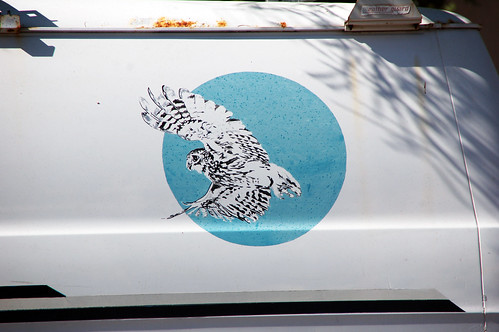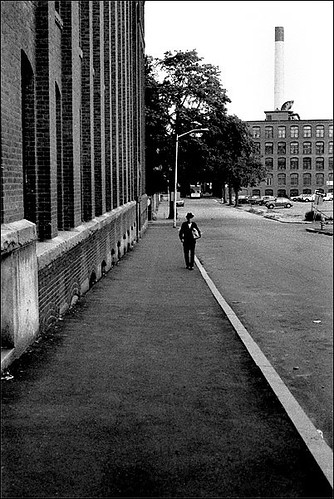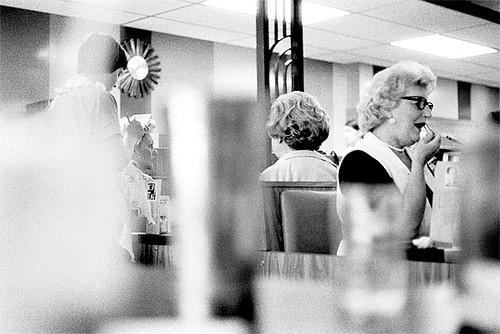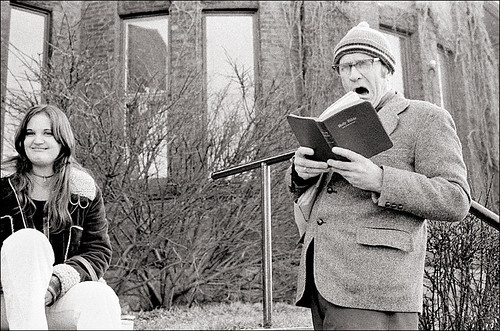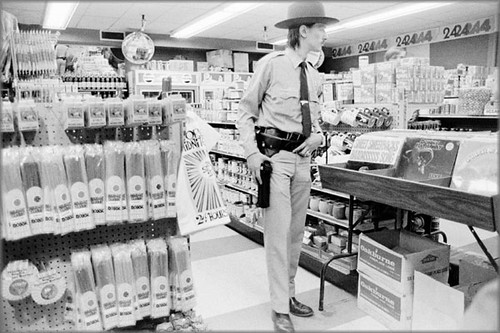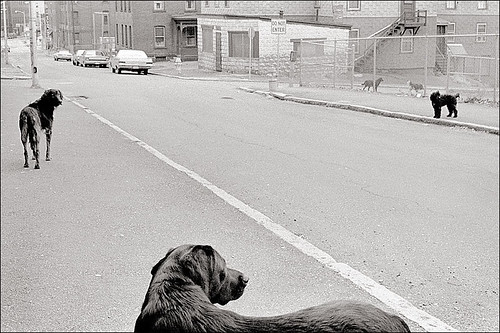Warning: The video is not safe for work - the rest of the post is probably OK!
I came across this video earlier today. It's produced by The Hungry Beast, an Australian television show that combines comedy/satire with current events. This rap song, "I'm a Climate Scientist," features real climate scientists using hip hop to both point out the actuality of climate change and demonstrate the utter weaknesses of climate change denier's arguments. It's funny to hear scientists swear, but I'm left asking, who is this for? Who is the audience?
Climate scientists Peter Doran and Maggie Kendall Zimmerman lay out the challenge facing their profession clearly in their 2009 article, "Examining the Scientific Consensus on Climate Change," which appeared in Eos: American Geophysical Union. They write:
It seems that the debate on the authenticity of global warming and the role played by human activity is largely nonexistent among those who understand the nuances and scientific basis of long-term climate processes. The challenge, rather, appears to be how to effectively communicate this fact to policy makes and to a public that continues to mistakenly perceive debate among scientists.
Nothing demonstrates the challenge Doran and Zimmerman describe more poignantly than the "I'm a Climate Scientist" song and video. Far from winning over climate skeptics, this video would likely make them feel ridiculed while at the same time offending them with bad language and failing to provide ample facts. It's misdirected as a persuasive video and I fail to find another purpose for it beyond humor. But why make such a dedicated appeal to authority if the intention of the video is merely humor? Why include facts and climate scientists?
More than anything else "I'm a Climate Scientist" expresses frustration. Frustration with lies perpetuated by special interest groups and the people foolish enough to believe them. Science relies on facts and evidence. How are scientists, and those of us who adequately understand most basic scientific ideas like climate change, supposed to communicate information when pointing to a huge pile of evidence and nearly complete consensus among experts fails? The video attacks the credibility of climate change deniers, a good approach for the situation, but the vehicle delivering the message is not persuasive - it's insulting. I also appreciate that a funny video will get more attention than a boring one, but I still believe this video is rhetorically ineffective because of the content - swearing, rapping, etc.
I understand the urge to ridicule climate change deniers. It's painful to see our world shaped by ignorance. It's hard to watch people destroy the environment when we know how it's happening and that we could be working to counteract it. We can understand scientific concepts more easily than we grasp the ignorance and gullibility of our fellow citizens. However, history doesn't support the rhetorical practicality of shaming or ridiculing large groups of people into thinking or behaving properly.
I don't have a complete solution to the challenge Doran and Zimmerman present, but I can say that we shouldn't make climate scientist go it alone. It's in our best interest to help climate scientists out. Get educated about the facts of climate change so that you can influence those you come into contact with. No one - not the most brilliant scientist - has the persuasive power of a friend or family member. If you know lots of climate change deniers, you have my condolences and your work cut out for you.
Friends don't let friend deny climate change.
For more info on climate change, visit The Pew Center on Global Climate Change.
I came across this video earlier today. It's produced by The Hungry Beast, an Australian television show that combines comedy/satire with current events. This rap song, "I'm a Climate Scientist," features real climate scientists using hip hop to both point out the actuality of climate change and demonstrate the utter weaknesses of climate change denier's arguments. It's funny to hear scientists swear, but I'm left asking, who is this for? Who is the audience?
Climate scientists Peter Doran and Maggie Kendall Zimmerman lay out the challenge facing their profession clearly in their 2009 article, "Examining the Scientific Consensus on Climate Change," which appeared in Eos: American Geophysical Union. They write:
It seems that the debate on the authenticity of global warming and the role played by human activity is largely nonexistent among those who understand the nuances and scientific basis of long-term climate processes. The challenge, rather, appears to be how to effectively communicate this fact to policy makes and to a public that continues to mistakenly perceive debate among scientists.
Nothing demonstrates the challenge Doran and Zimmerman describe more poignantly than the "I'm a Climate Scientist" song and video. Far from winning over climate skeptics, this video would likely make them feel ridiculed while at the same time offending them with bad language and failing to provide ample facts. It's misdirected as a persuasive video and I fail to find another purpose for it beyond humor. But why make such a dedicated appeal to authority if the intention of the video is merely humor? Why include facts and climate scientists?
More than anything else "I'm a Climate Scientist" expresses frustration. Frustration with lies perpetuated by special interest groups and the people foolish enough to believe them. Science relies on facts and evidence. How are scientists, and those of us who adequately understand most basic scientific ideas like climate change, supposed to communicate information when pointing to a huge pile of evidence and nearly complete consensus among experts fails? The video attacks the credibility of climate change deniers, a good approach for the situation, but the vehicle delivering the message is not persuasive - it's insulting. I also appreciate that a funny video will get more attention than a boring one, but I still believe this video is rhetorically ineffective because of the content - swearing, rapping, etc.
I understand the urge to ridicule climate change deniers. It's painful to see our world shaped by ignorance. It's hard to watch people destroy the environment when we know how it's happening and that we could be working to counteract it. We can understand scientific concepts more easily than we grasp the ignorance and gullibility of our fellow citizens. However, history doesn't support the rhetorical practicality of shaming or ridiculing large groups of people into thinking or behaving properly.
I don't have a complete solution to the challenge Doran and Zimmerman present, but I can say that we shouldn't make climate scientist go it alone. It's in our best interest to help climate scientists out. Get educated about the facts of climate change so that you can influence those you come into contact with. No one - not the most brilliant scientist - has the persuasive power of a friend or family member. If you know lots of climate change deniers, you have my condolences and your work cut out for you.
Friends don't let friend deny climate change.
For more info on climate change, visit The Pew Center on Global Climate Change.


